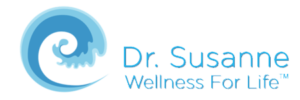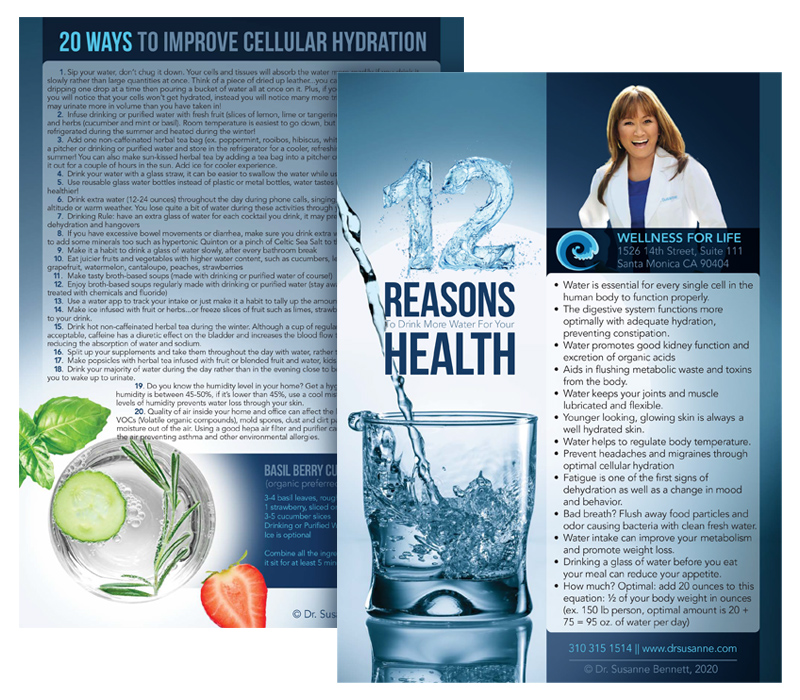Pain relief is something we all want, and most of the time it can only be achieved through over-the-counter medication or prescription drugs. Chronic pain that stems from trauma or from years of poor muscle alignment can get even more complex, as it not only requires pain medications, but weeks or sometimes years of physical therapy to recover from. As of today you are probably not aware that the cure for this type of pain is within reach. First and foremost, it lies within yourself—the body is wonderful at self-healing—but it can also be helped with a little guidance from a method called Egosque.
Since 1978, veteran marine Pete Egoscue has sought pain relief for himself and for probably thousands of others through his unique therapy method. Rather than using conventional methods to determine a symptom of pain, the Egoscue method uses a more “common sense” approach. Instead of treating the symptom itself, Egoscue involves a more overarching assessment of the body, meaning they see the area of pain as an individual’s dysfunction in another part of the body. For instance, poor posture can cause cause a number of physiological problems that appear as pain in different parts of the body. The Egoscue method, in this case, wouldn’t treat those individual pains, but conduct thorough, highly personalized tests based on each individual’s core design, without the use of equipment or “hands-on” therapy, to get at the root of the problem.
Naturally I am a big fan of using non-conventional ways of healing to relieve pain. What I like about this method is that it is highly personalized, and the responsibility of alleviating discomfort falls on the individual. This approach increases confidence and decreases dependency on other people, something that is not always possible, especially when recovering from trauma or surgery. Because over-the-counter medication and other quick fixes for pain have been known to do more harm than good for your body in the long run, the Egoscue Method is one pain reliever I can actually stand behind!
References:



